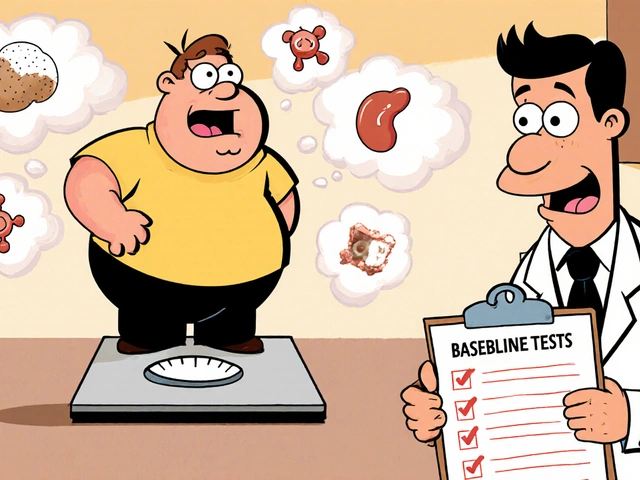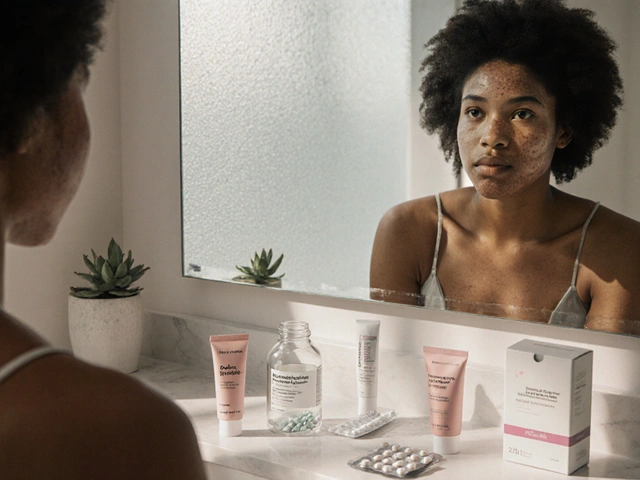Hair loss treatments that actually help — simple, practical options
About half of men and roughly one in four women notice noticeable hair loss by age 50. That sounds scary, but there are practical treatments that slow loss, regrow some hair, or restore density. Pick options based on cause, budget, and how fast you want results.
Proven medical treatments
Minoxidil (Rogaine) is a topical foam or liquid you apply to the scalp. It can thicken thin hair and slow shedding. Most people see changes after 3–6 months; full effects may take a year. Use it consistently — stopping usually loses gains.
Finasteride (Propecia) is an oral pill that lowers DHT, the hormone that shrinks hair follicles in many men. It often stops loss and can regrow hair over 6–12 months. Side effects—like reduced libido—are possible, so discuss risks with your doctor. Finasteride is mainly for men; women of childbearing age should avoid it.
Topical finasteride and dutasteride formulas are becoming common. They aim to cut systemic side effects while working locally. Ask a dermatologist if these fit your case.
Procedures, devices, and supplements
Platelet-rich plasma (PRP) uses your blood to boost scalp repair. Many patients report thicker hair after 3 sessions spaced a month apart, with maintenance every 6–12 months. Results vary and it’s not cheap.
Low-level laser therapy (laser combs, caps) can help some people keep and thicken hair. Devices need regular use (several times per week) and patience—expect months to see changes.
Hair transplant surgery (FUE or FUT) moves your own hair from dense areas to thin spots. It gives the most noticeable, permanent density but costs more and needs recovery time. Good candidates have stable donor hair and realistic expectations.
Supplements like biotin help only if you have a deficiency. Before buying pills, check iron, vitamin D, thyroid, and hormone levels. Fixing an underlying deficiency often improves hair faster than random supplements.
Simple lifestyle moves matter: reduce smoking, eat enough protein and iron, manage stress, and avoid tight hairstyles that pull hair out. These steps won’t replace medical treatment but support it.
Be cautious with miracle cures. Many products promise fast regrowth without evidence. Buy medications from licensed pharmacies and talk with a clinician before starting prescription drugs.
Quick action helps. If hair loss is new, sudden, patchy, or causing itch or scarring, see a dermatologist sooner. If it’s common male- or female-pattern loss, start a proven topical or see a specialist to plan a safe combo (for example, minoxidil plus a medical option). Expect steady work and months of patience. Small, consistent steps often give the best results.




